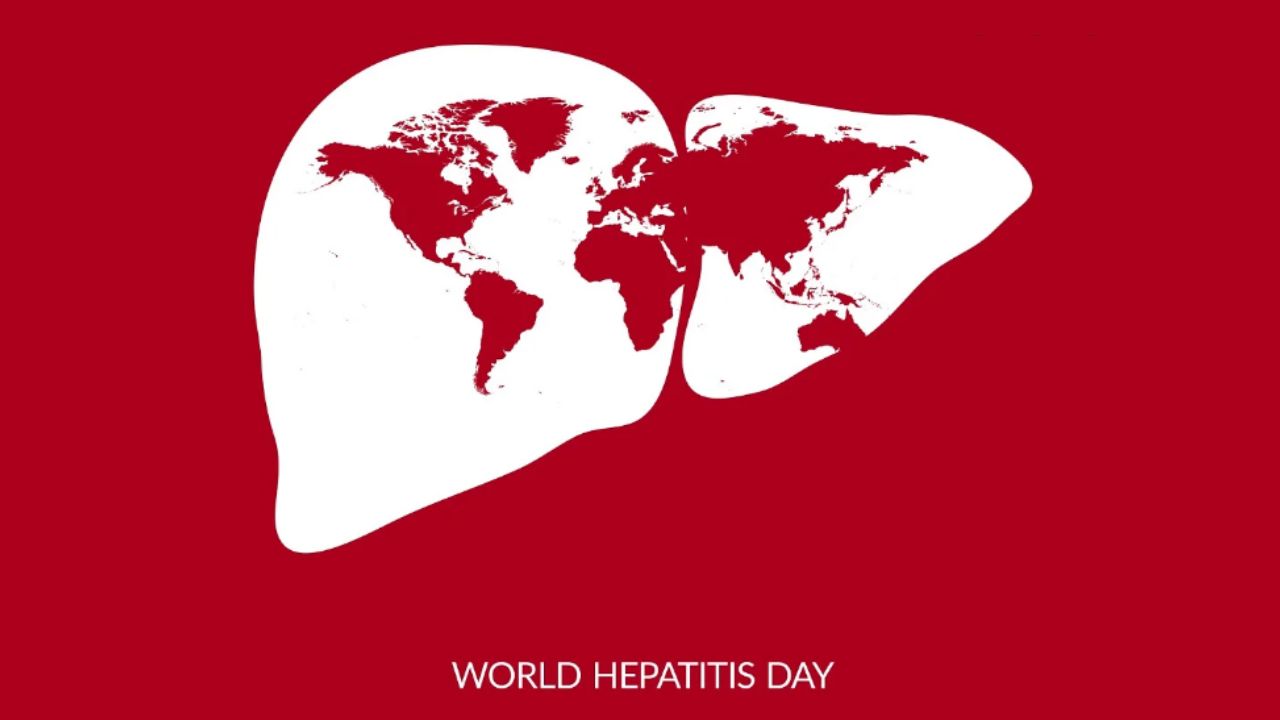World Hepatitis Day is celebrated annually on July 28th with the objective to raise awareness of the global burden of viral hepatitis. This year the theme is ‘bringing hepatitis care closer to you.’ The idea is to focus on making hepatitis care more accessible.
Hepatitis B affects approximately 296 million people globally and is the leading cause of cirrhosis and liver cancer. About 40 million people in India are suffering from Hepatitis B and Hepatitis C infection. The number of deaths per day because of hepatitis is more than the number of deaths due to HIV in a year which is really an alarming figure and shows the seriousness of the disease.
The World Health Organization recommends that all newborns receive a hepatitis B birth dose (HepB-BD) vaccine within 24 hours of birth – but by the end of 2021, only 111 of 194 countries provided HepB-BD to all new-borns. In Africa, where the burden of hepatitis B is highest, 33 of 47 countries have no HepB-BD. In 2021, only 17% of children in Africa were given a birth dose.
Hepatitis B is a viral infection that can cause damage to the liver. Hepatitis B can cause short-term (acute) or long-term (chronic) infections. Acute infections last up to 6 months. Chronic infections are longer lasting.
Symptoms of Hepatitis B
- Yellowish eyes or skin
- Dark yellow urine
- Fever
- Unusual or unexplained fatigue
- Abdominal pain
- Nausea or vomiting
- Loss of appetite
- Joint pain
- Gray or clay-colored stools
Hepatitis B is the leading cause of liver cancer. Liver cancer may develop from long-term inflammation and damage caused by a chronic HBV infection.
Symptoms of liver cancer
- Abdominal swelling
- Pain or discomfort, or a noticeable lump located beneath your right rib cage
- Pain along your right shoulder blade or in your back
- Unexplained weight loss
- Skin or eyes that look yellow
- Easy bruising or bleeding
Prevent the risk of Hepatitis B by adopting these simple measures
- Avoid contact with bodily fluids
- Do not share injections/ needles or equipment
- Always use a condom for sexual intercourse
- Receive HBV vaccines if you are not vaccinated at birth or are a high-risk category
- Take booster dose if mistakenly exposed to HBV. The doctor may also recommend a medicine called hepatitis B immune globulin (HBIG) within 24 hours of exposure.

 About 40 million people in India are suffering from Hepatitis B and Hepatitis C infection. The number of deaths per day because of hepatitis is more than the number of deaths due to HIV in a year which is really an alarming fact and shows the seriousness of the disease. Let' pledge to take the vaccine shot if not taken yet and spread awareness reg
About 40 million people in India are suffering from Hepatitis B and Hepatitis C infection. The number of deaths per day because of hepatitis is more than the number of deaths due to HIV in a year which is really an alarming fact and shows the seriousness of the disease. Let' pledge to take the vaccine shot if not taken yet and spread awareness reg










.jpeg)











.jpg)








